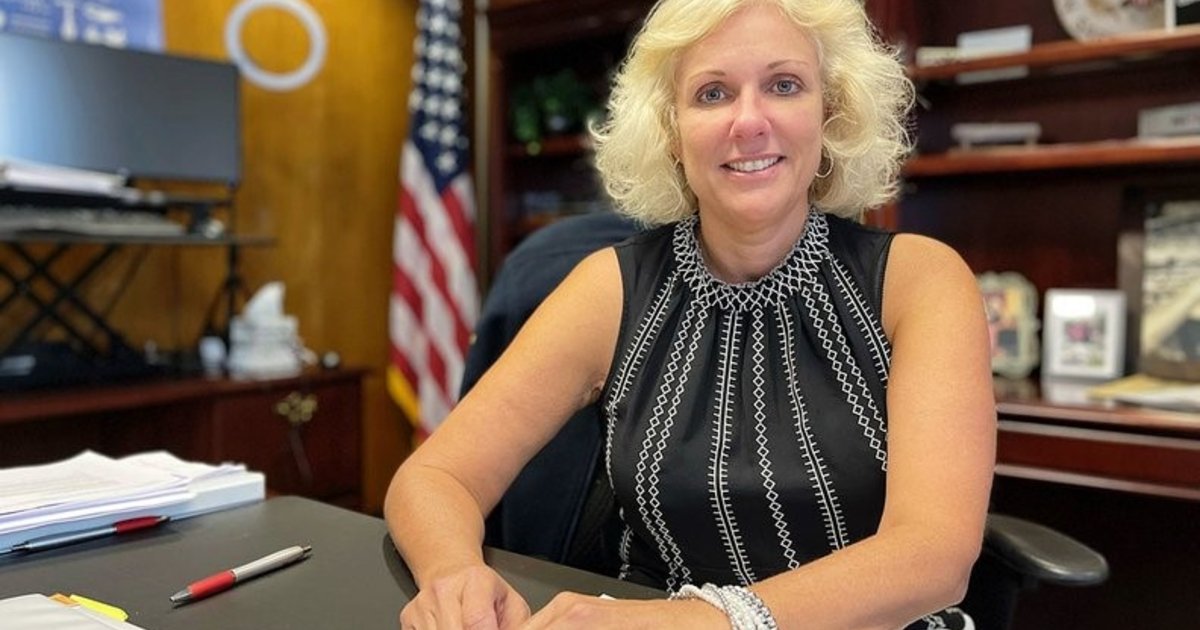
WASHINGTON — The National Transportation Safety Board is calling for all new vehicles to be equipped with passive alcohol-detection systems that can limit or prevent the operation of vehicles by impaired drivers, according to recommendations released Tuesday.
The agency’s recommendations follow an investigation into a 2021 crash in Avenal, Calif., that killed nine people, including seven children. The crash was caused by an impaired driver who was speeding, the NTSB found.
“Technology could’ve prevented this heartbreaking crash — just as it can prevent the tens of thousands of fatalities from impaired-driving and speeding-related crashes we see in the U.S. annually,” NTSB Chair Jennifer Homendy said in a statement. “We need to implement the technologies we have right here, right now, to save lives.”
The NTSB is recommending that NHTSA require passive alcohol-detection systems, advanced driver-monitoring systems, or a combination of the two, on all new vehicles.
The agency also recommends incentivizing automakers and consumers to adopt intelligent speed adaptation systems that could prevent speed-related crashes.
“We have to remember that technology is only part of the solution,” Homendy said. “To save lives on our roads, we need to look more broadly at the entire transportation system, which includes everything that can prevent a crash.”
The infrastructure law signed by President Joe Biden last year orders NHTSA to issue a final rule by November 2024 requiring new vehicles to be equipped with an advanced drunken-driving and impaired-driving prevention technology.
Once the rule is issued, automakers would have two to three years to implement the technology as standard equipment in all new light-duty cars and trucks.
Sen. Mike Rounds, R-S.D. — who previously sought to block the provision before the bill was enacted in November — introduced legislation in July to amend the Infrastructure Investment and Jobs Act and reverse the requirement. Rounds’ bill is supported by Sens. Mike Braun, R-Ind., and John Cornyn, R-Texas.
A spokeswoman for Cornyn told The Dallas Morning News in August that he “is concerned with the federal government having broad, unchecked authority to place passive technology in vehicles that could easily violate privacy rights of law-abiding citizens.”
Alcohol-impaired driving deaths represent roughly one-third of all highway fatalities in the U.S. each year. According to the Insurance Institute for Highway Safety, alcohol-detection systems that prevent impaired driving could save more than 9,400 lives annually.
The Alliance for Automotive Innovation, a trade association that represents most major automakers in the U.S., said last year that the industry has long been committed to supporting public and private efforts to address alcohol-impaired driving.
For its part, the industry has been working with NHTSA to develop the Driver Alcohol Detection System for Safety technology, which features a breath- and touch-based system to measure a driver’s blood-alcohol level.